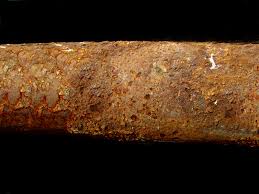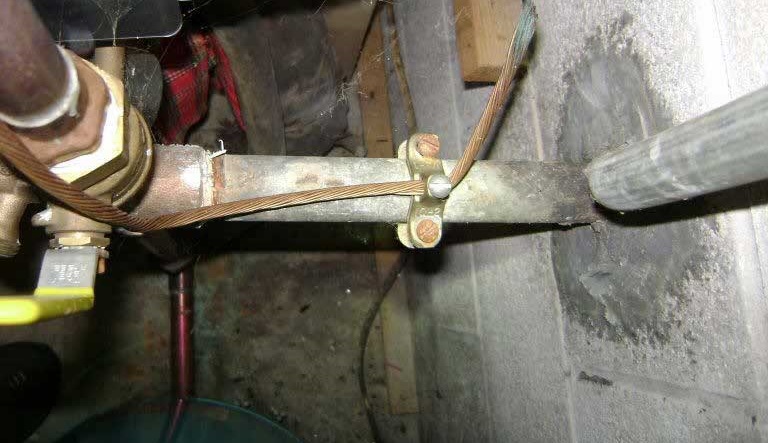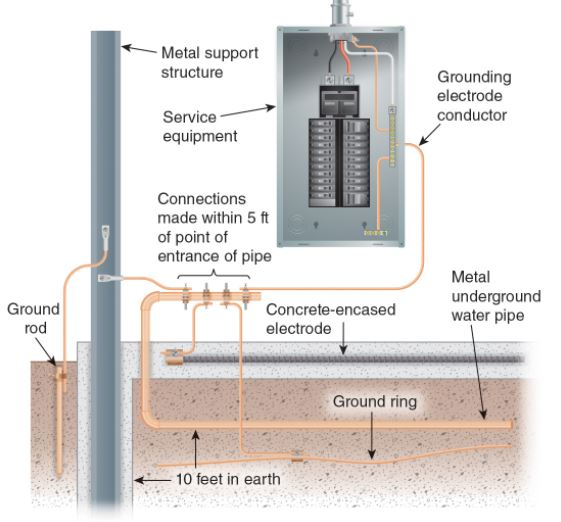The Philippine Electrical Code allows a Metal Underground Water Pipe as a grounding electrode.
2.50.3.3(A)(1) Metal Underground Water Pipe. A metal underground water pipe in direct contact with the earth for 3 000 mm or more (including any metal well casing effectively bonded to the pipe) and electrically continuous (or made electrically continuous by bonding around insulating joints or insulating pipe) to the points of connection of the grounding electrode conductor and the bonding conductors. Interior metal water piping located more than 1 500 mm from the point of entrance to the building shall not be used as a part of the grounding electrode system or as a conductor to interconnect electrodes that are part of the grounding electrode system.
Safety Concerns
Controversies about using metal underground water piping as a grounding electrode have existed since the early 20th century. The practice for the use of metal underground water as the ground electrode is predicated on the assumptions that grounding of alternating current (AC) had little or no effect, compared to direct current (DC), on the corrosion behavior of buried metals; that current would only flow during off-normal conditions; and that there were no safety implications for water utility employees.
The water industry, however, believes otherwise. The alternating current can also increase the rate of corrosion of distribution and service piping. The increased corrosion leads to increased operating costs, as well as possible water quality issues for the water industry. That neutral current flowing on water piping corrodes the metal. The presence of electrical currents on water services and mains results in random shock incidents for water utility employees and contractors during routine operations. The severity of these shock incidents ranges from mild tingling sensations burns to numbness in the extremities.
For more information, refer to the American Water Works Association about their report, Effects of Electrical Grounding on Pipe Integrity and Shock Hazard.
Effective Grounding
With a freshly installed water pipe, its effectiveness as a grounding electrode may comply with the requirements of the Philippine Electrical Code. With the passage of time, the water pipes will get corroded reducing its effectiveness. 
Likewise, future replacement of pipe may subsequently disrupt the grounding connection to the pipe and worse may not be restored after the repalcement work has been completed.
Moving Forward
The Philippine Electrical Code should drop the metal underground water pipe as a grounding electrode in future revisions despite the National Electrical Code 2020 still including metal underground water pipe as a grounding electrode.

